More than 5 million unmanned aerial vehicles (UAVs) exist until today in Europe. As their numbers are increasing rapidly, drones now represent a greater threat to the public because their market use has so far been unregulated. Therefore the question is: How can we keep the airspace safe? Prevent drones from colliding with airplanes and with each other?
The group from the Faculty of Information Technology, Czech Technical University came up with the idea for “electronic registration plate for drones,” — they came up with Dronetag.
Introduction
Dronetag, Galileo Masters E-GNSS Bootcamp winner 2019, is a startup company incubated in ESA BIC Prague, Czech Republic. They developed an IoT device, which is attachable to any drone: It gathers data from GNSS, and transmits them together with drone´s identification data to the cloud.
Dronetag also expands the functionalities of drones by providing an open interface and mobile application, thereby offering an unlimited range of flight and more peripheral connection possibilities (such as sensors, camera controls, and airdrop mechanisms).
In summary, Dronetag makes the UAV more controllable and thus safer – and makes “flying fun”.
Concrete functionality
Dronetag is a device, a cloud platform, and a mobile application. The device sends position and identification data to the platform, which communicates with the authorities responsible here, such as air navigation services. Receiving Galileo and EGNOS signals, it provides robust and reliable positioning. For communication with the cloud platform, Dronetag uses the cellular 5G networks and for the visual line of sight identification, it uses Bluetooth 5.
The goal is to create an unmanned traffic management platform, which ensures communication between drone pilots and authorities. This means that if someone wants to fly a drone safely, he should open the Dronetag mobile application: The drone pilot determines his flight plan and transmits it for approval. The drone then will be visible on the map for authorities and all other airspace participants in real-time.
The beginning of the success story
In May 2019, the European Union Aviation Safety Agency approved a new regulation in order to specify rules concerning real-time UAV identification, airspace authorization, and geofencing. In summary, this means that all drones over 250g gross weight have to be registered. Further, they are required to broadcast their current position and identification data.
The five-member founding team was already ahead of the game at that time: They came up with their idea of Dronetag before this new regulation was approved. The founding team met at the Space Application Hackathon during Czech Space Week in 2018.
Their first idea was a giant drone-catcher (a drone catching rogue drones) – but like many of the first “wild” business ideas, as well this one got dropped. However, the original idea for more security in drone aviation continued. Because the main concern remained: The huge number of drones in the airspace that are invisible on the air traffic map!
Then, a few months after the hackathon, the innovative team founded their company Dronetag. Later they applied to ESA BIC Prague with their prototype – and got in! From this point on the Dronetag founders have kicked off the journey to a prosperous business; successfully designing and testing a hardware device and a software platform.
From Galileo Masters to the European Space Week
In September 2019, Dronetag won the Galileo Masters Czech regional prize and later got into TOP10 projects. At the turn of the year and with new ideas in mind, Dronetag’s co-founder Lukas Brchl introduced the product at the European Space Week in front of the E-GNSS Accelerator jury.
The international competition finals were held in the congress center Paasitorni in Helsinki, a one-of-a-kind architecture with a rich history. Historical buildings share many things, unique architectural design, genius loci – and thick stonewalls, being slightly unfortunate for Dronetag: During the presentation, Lukas Brchl wanted to demonstrate the connection of his device by showing it on the projected software platform, but the signal was blocked by the stone walls. He was close to throw the device out of the window (to get it out in the open where drones usually fly) – but: Just the approach to signal-permeable glass turned out to be enough. The connection was presented and Lukas Brchl won the main E-GNSS Accelerator prize.
Cooperation with space institutions
Winning a Galileo Masters 2019 prize has allowed Dronetag to receive additional support from the regional partner ESA BIC Prague. So the team can use the prize to fund Dronetag’s research activities and to access technical mentoring. Moreover, it helped the company to gain media awareness and boosted the company’s credibility for the upcoming fundraising rounds.
A brief look into the future
Dronetag’s journey is far from over, but with all the help from the mentioned European space programs, it might be easier. The demand for drone safety is continuously growing. For example, in January 2020, the Federal Aviation Administration proposed a new regulation that requires remote identification for all drones over 250g in the US airspace. And on top of that. with the new EU regulations, the market for Dronetag is rapidly booming.
In summary, young entrepreneurs such as the team from Dronetag know, that without remote identification, complex airspace operations (such as drone delivery) would be nearly impossible.
In a way, Dronetag not only makes airspace safer, but also opens up new possibilities for the future.
About Lukas Brchl:
 Lukas Brchl is CEO of Dronetag, a start-up company founded in 2019 and based in Prague, Czech Republic. He holds an MSc from FIT CTU, where he also works as a researcher in the field of computer vision. Lukas Brchl built his first drone in 2013, when the drone market was already on everyone’s lips but the industry was still in its infancy. Thanks to his many years of experience, Lukas Brchl brings the most important key information of the aviation industry to the company. His passion is for UAVs and drones, space technologies and hardware development.
Lukas Brchl is CEO of Dronetag, a start-up company founded in 2019 and based in Prague, Czech Republic. He holds an MSc from FIT CTU, where he also works as a researcher in the field of computer vision. Lukas Brchl built his first drone in 2013, when the drone market was already on everyone’s lips but the industry was still in its infancy. Thanks to his many years of experience, Lukas Brchl brings the most important key information of the aviation industry to the company. His passion is for UAVs and drones, space technologies and hardware development.
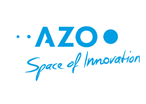
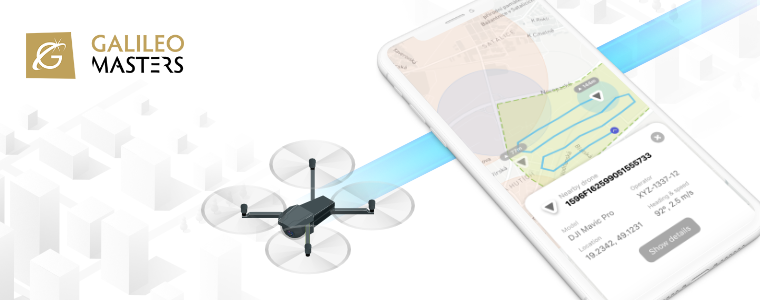

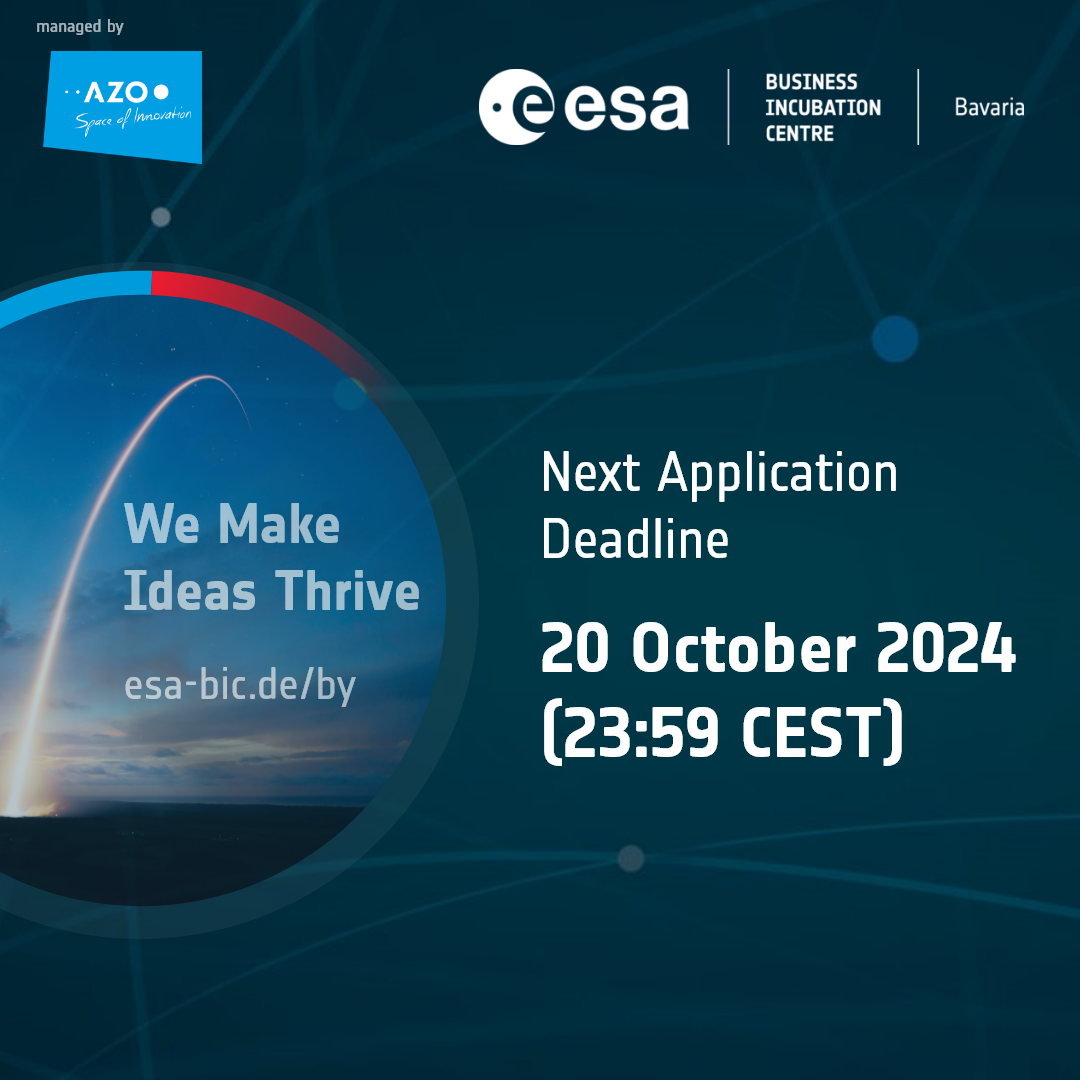
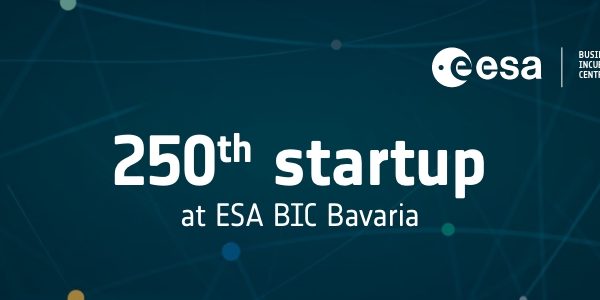
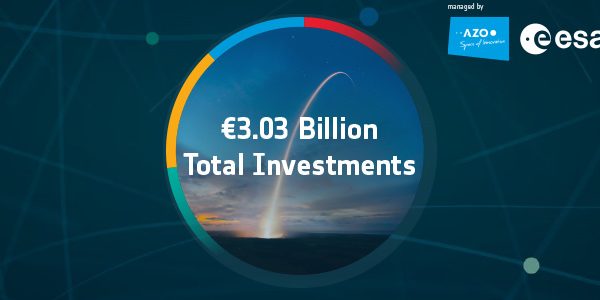
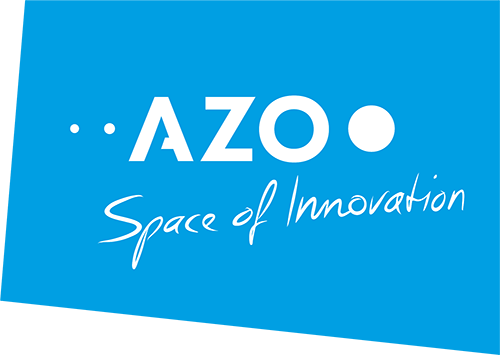
Comments are closed.